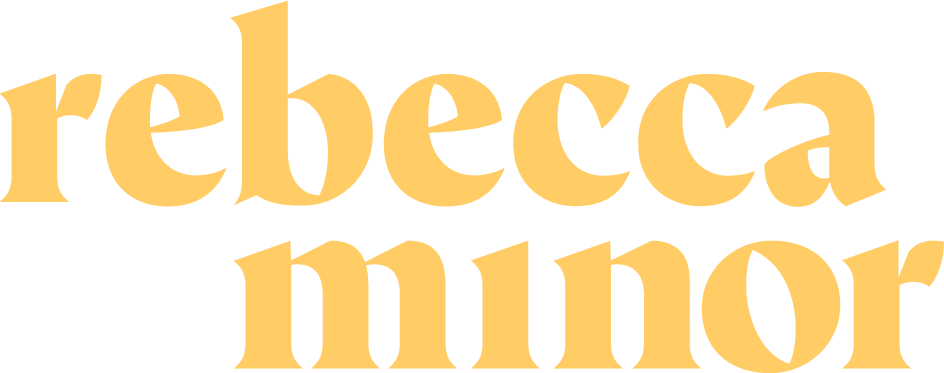“Passing” as Cisgender: Protection and Privilege
Have you ever been called “sir” or “ma’am” by a cashier at the store? For cisgender people this is an ordinary occurrence of passing privilege.
Many trans folks feel validated when they are able to “pass” as their gender, and are referred to correctly by strangers. The outside validation that passing provides can be incredibly rewarding, and even considered as a milestone in one’s transition.
However, not all trans people consider “passing” an accomplishment, or even something that they want to achieve. The desire to “pass” is a unique experience that every trans person feels differently about.
What’s the definition of “passing”?
Before we dive further into these intricacies, let’s define “passing.” In the context of gender, passing can be defined as:
When someone is perceived as, or able to ‘pass’ as a gender other than that congruent with the sex they were assigned at birth. This is often used to describe people who can move through the world without being identified as trans.
In other words, a trans person “passes” when they are perceived as cisgender.
“Passing” doesn’t just describe trans people
The concept of passing originated in racial discourse, and has been used by sociologists to describe the experiences of many minority groups.
A broader definition of passing is “the ability of a person to be regarded as a member of an identity group or category, such as racial identity, ethnicity, caste, social class, sexual orientation, gender, religion, age and/or disability status, that is often different from their own.”
The Binary of Passing
Passing occurs when one can be easily categorized as a man or woman; the very concept is dependent on the limitations of the gender binary and assumed presentation of gender alignment. Thus, non-binary/genderqueer/genderfluid and all other identities that expand beyond the binary reject the desire to pass as cisgender and will never “acheive” such.
When working with clients I have often had the painful conversation with folks who want to simply exist and present as they are but feel like they need to perform femininity or masculinity to pass and be accepted as their gender. This is further complicated for those whose identities exist beyond the binary.
Problematic Privilege
Passing is a form of privilege because those who are assumed to be cisgender are therefore extended the privileges of being cisgender. Unfortunately, many cis folks assume this is the goal of all trans people and should be such to “blend” in.
As Lucie Fielding wrote in their book Trans Sex, “The discourse of "passing" or "blending" implies that all trans and non-binary folx want to appear as cis, which is not every trans person's goal. This also sets up an assumption that trans folx are trying to deceive cis folx. Activists have suggested instead the concept of being assumed cis. This places the emphasis on a culture that would seek to impose gender norms and identities onto trans and non-binary folx.”
“Passing” as Protection
One of the major reasons that passing can be so life-changing for trans people is that it can protect them from harm. A trans person who passes as cisgender is likely to face less prejudice, harassment, and risk of violence as a result of their gender presentation. In this way, trans people can feel pressure to pass, even if they would rather not have to.
Alok Vaid-Menon wrote, “We should not have to approximate cis and white and binary standards of gender and beauty to be safe. We should not have to “pass” in order to get home without being followed, or spat on, or worse. What if we are never going to look like women or men? That means that the harassment doesn’t stop. There is no before or after there is just the terror.”
The Future of Passing
Many, myself included, envision a world where passing is not required for safety, and all people (trans and cis) can present themselves however they please without fear or consequence.
As trans writer Matilda Bernstein Sycamore writes,
"If we eliminate the pressure to pass, what delicious and devastating opportunities for transformation might we create?"
Want to read more?
Check out my recent blog posts, Be An LGBTQ+ Accomplice: Active Allyship Explained and 5 Easy Tips For Parenting Beyond The Gender Binary to learn more!
Resources to learn more about LGBTQ+ identities and be a better parent or caregiver:
To download a PDF of gender and sexuality terms click here.
Has a kid in your life recently come out to you? Check out my guide!
Sign up for How To Talk To Kids About Gender, the course that helps parents and caregivers have the not-so-difficult conversations that matter about gender.
